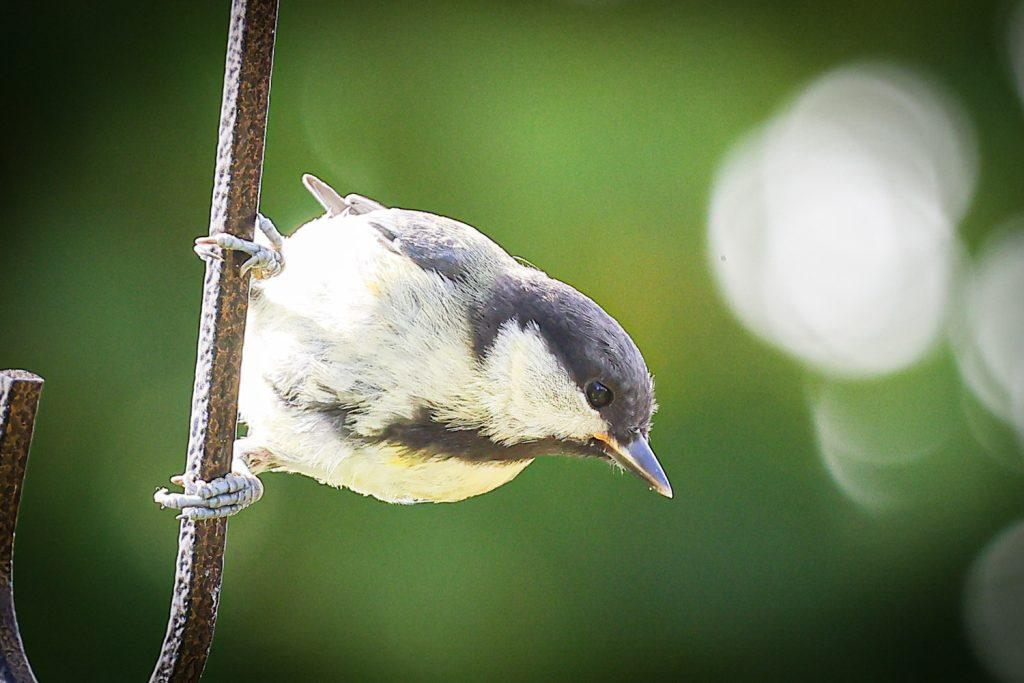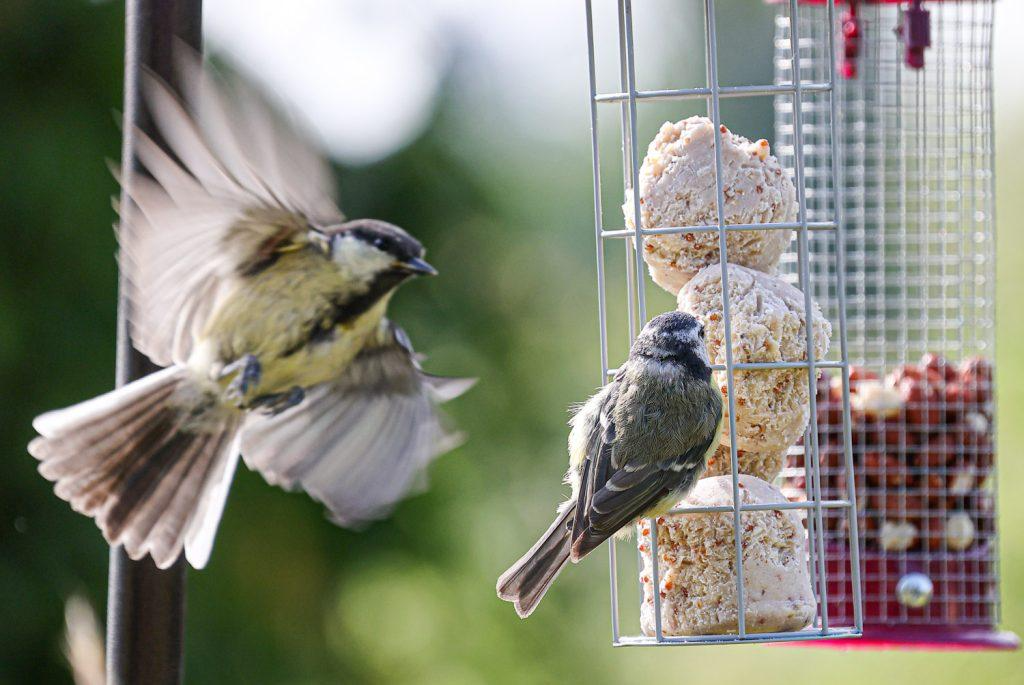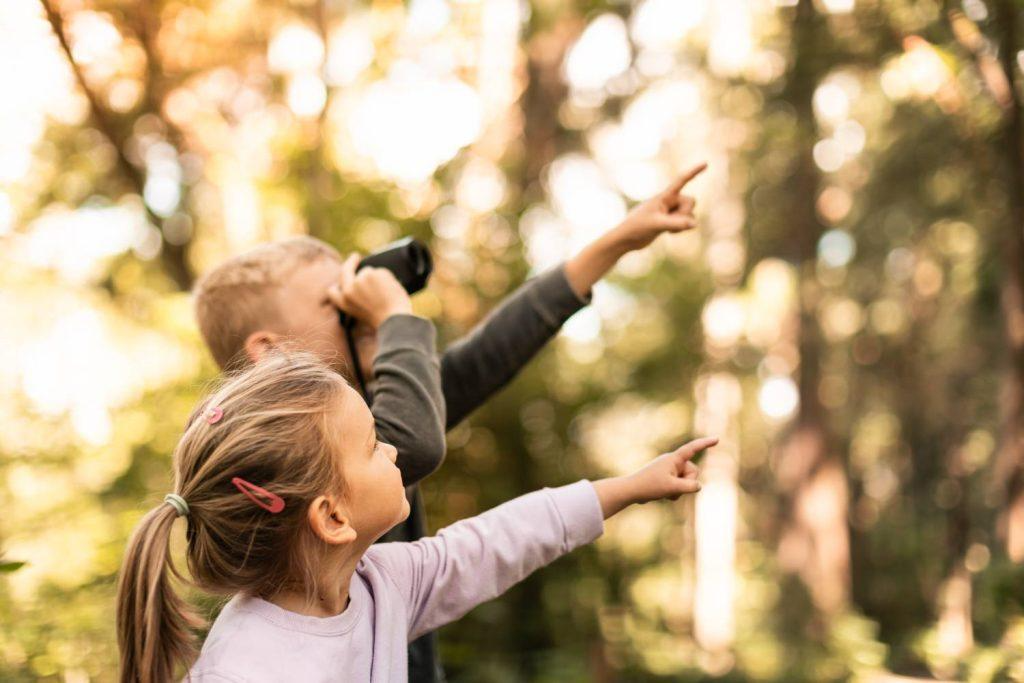Wild Bird Conservation and what you can doUpdated 17 hours ago

Wild Bird Conservation Efforts and How You Can Help
Watching birds flit and flutter about your garden is a delightful experience and an opportunity to contribute to the conservation of these beautiful creatures. With bird populations facing various threats, from habitat loss to pollution, every little effort we make in our gardens can have a big impact. Let’s explore how you can turn your garden into a conservation haven and help protect our feathered friends.
Understanding the Threats to Bird Populations
- Habitat Loss: Urban development and intensive farming reduce the natural spaces birds rely on for nesting and feeding.
- Climate Change: Changes in weather patterns and temperatures affect migration cycles and food availability.
- Pollution: Pesticides and other chemicals can poison birds and deplete their food sources.
- Window Strikes: Birds flying into windows is a significant cause of mortality that often goes unnoticed in urban and suburban areas.
Simple Steps to Support Bird Conservation
- Plant Native Species: Native plants provide essential resources for birds and promote a balanced ecosystem. By planting native shrubs, trees, and flowers, you beautify your garden and offer a natural habitat for birds.
- Reduce Chemical Use: Swap chemical pesticides and fertilisers for organic alternatives. This helps keep the local environment safe for birds and other wildlife.
- Keep Cats Indoors: Cats are natural predators of birds. Keeping your cat indoors or supervised while outside can significantly reduce the risk of visiting birds.
- Install Bird-Safe Windows: Use decals or screens to make your windows more visible to birds, preventing collisions.
- Feed wild birds: Provide a range of nutritious and healthy wild bird food and water

Engage with Local Conservation Efforts
- Participate in Bird Surveys: Organisations like the Royal Society for the Protection of Birds (RSPB) run annual surveys like the Big Garden Birdwatch. Participating in these surveys can provide valuable data that helps track bird populations and health. Learn more and join in here.
- Volunteer: Local wildlife reserves and nature centres often need volunteers. This can be a great way to get involved directly in protecting bird habitats.
Climate Change and Birds
- Understanding Impact: Educate yourself on how climate change affects bird migration and populations. The RSPB offers resources that explain these impacts in depth RSPB Climate Change Effects on Birds.
- Reduce Your Carbon Footprint: Simple actions like reducing waste, conserving water, and choosing sustainable products can help mitigate climate change and protect bird habitats.
Why Every Little Helps
Every garden that provides a safe space for birds helps form a network of mini-reserves, offering refuge and resources across urban areas. By taking small steps at home, you contribute to a larger global effort to protect and preserve our bird populations.
By understanding the challenges birds face and implementing changes in our gardening practices, we enhance our garden experience and contribute to the well-being of the birds we love to watch. It’s a win-win for everyone involved, feathered or not!
Engaging the Community in Garden Birdwatching
Birdwatching is a hobby that can bring communities together, fostering a shared interest in wildlife and conservation. Engaging your local community in birdwatching activities spreads the joy and benefits of this hobby and raises awareness about the importance of protecting our feathered friends. Here’s how to involve your community and make birdwatching a fun, collective endeavour.
Organising Local Birdwatching Walks
Start a Birdwatching Club: Create a local club that meets regularly. Use community centres, libraries, or schools as meeting points.
Guided Walks: Arrange walks in local parks or nature reserves. Invite experienced birdwatchers to lead the walks and share their knowledge on bird identification and behaviours.
Use Social Media: Why not post all of your successes at attracting wildlife into your garden on our Facebook page? Fellow readers can help with bird identification and reveal the secrets to their success at attracting wildlife into their gardens.

Educational Workshops for All Ages
Workshops for Kids: Partner with schools or youth groups to organise birdwatching introductions for children. Focus on fun activities like making simple bird feeders or basic bird ID quizzes.
Sessions for Adults: Host workshops that delve deeper into bird behaviour, conservation issues, and advanced identification techniques. These can be held at community halls or even online via webinar platforms.
Bird-Friendly Competitions
Photo Contests: Encourage locals to capture the best bird photos in their gardens or community spaces. Offer small prizes for categories such as ‘Best Action Shot’ or ‘Most Unusual Bird’.
Bird Count Challenges: Organize seasonal challenges where participants try to spot as many different species as possible. This can be linked to national events like the RSPB’s Big Garden Birdwatch.
Resources and Groups for Further Engagement
Local Conservation Projects: Connect with local wildlife trusts or conservation projects where volunteers can get involved in habitat restoration or bird monitoring. The RSPB offers opportunities across the UK.
Educational Materials: Provide resources and links to informative sites like the British Trust for Ornithology (BTO), which offers a wealth of birdwatching resources BTO Birdwatching Resources.
Benefits of Community Birdwatching
Enhancing Biodiversity: Increased awareness and collective efforts can lead to better local environments for birds.
Social Connections: Birdwatching can be a great way for people to connect, share experiences, and support each other’s learning.
Health and Wellness: Being outdoors and engaging with nature has been shown to reduce stress and improve mental health.
By fostering a community spirit around the joys of birdwatching, you not only enhance the lives of those around you but also contribute to the conservation and appreciation of the local bird population. So why not take the initiative and see how much more enjoyable and impactful watching our feathered friends can be when shared with others?